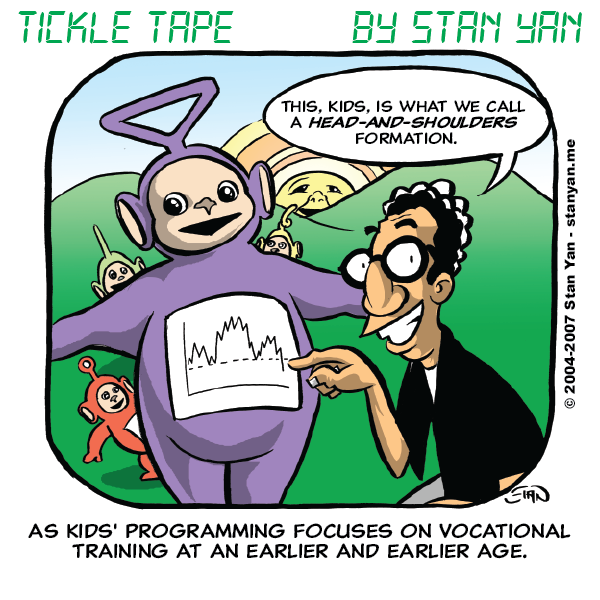Have you ever been on a diet and eyed a piece of chocolate cake? Or perhaps you had decided to cut back on expenses, but couldn’t resist buying a new pair of shoes. We all have our addictions, whether it is gourmet food or fast cars. It’s human to want to seek out fun and excitement. You work hard. Why shouldn’t you play hard? The problem, though, is when a trader starts trading like an addict. Addictive traders seek out thrills, even if it means losing money they can’t afford to lose. Your long-term survival depends on your ability to avoid seeking out thrills and remaining disciplined.
Psychologists have studied the dynamics of thrill seeking. Some people have a natural born affinity to seek out risk. They have difficulty controlling their impulses and are quick to act without thinking. That said, many people, especially traders, have trouble maintaining discipline. Research studies have shown that despite the claims of pop psychologists, people have trouble controlling their drinking, eating, and smoking. Sure, there are some people who have no problem with discipline in these areas. It’s a matter of biology, but many people have trouble maintaining discipline. Is it hopeless? No. Psychologists suggest looking at your limitations regarding discipline, and taking active, preventative steps to maintain discipline.
When trying to maintain discipline, many people make the mistake of trying to do too much at too fast a pace. People think they have super-human strength when it comes to discipline. But, in reality, the ability to maintain discipline is a fixed resource. Just like physical strength, you can only maintain discipline for so long before your ability to stay controlled fails you.
For example, if you work all day long, and keep under control, you are bound to want to go wild at the end of the day. That’s all right. It’s natural to want to celebrate. The mistake, though, is thinking that there are no ramifications for maintaining strict discipline for long amounts of time. You can’t keep strict discipline forever. At some point, you need a break. Obviously, just like building up muscles, practicing discipline allows you to get better at it. But it is vital to know your limits. You can only be disciplined for so long before you naturally want to break out and act on impulse.
What are a few ways to stay disciplined when you need to? First, always get plenty of rest. When you are tired, you are prone to impulsive decisions. Don’t skip sleep. It’s the key to maintaining discipline. Second, remove stress from your everyday life. This is easier said than done, but if you feel stressed out, you won’t have enough psychological energy to maintain discipline. You’ll be on the verge of seeking out a thrill to make yourself feel better. Third, don’t try to be disciplined for too long. When you try to live a monastic life as a trader, you will eventually feel a need to alleviate the monotony and boredom. When you feel bored, you are likely to make an impulsive trade and lose money.
The best preventive step is to restrict the amount of time you trade. If you find it hard to maintain discipline for an entire week, for example, then don’t try to trade with extreme discipline for two weeks. It will take all the psychological energy you can muster to make it for the week. Don’t make matters worse by pushing yourself to go for two weeks. You’ll increase the odds of making impulsive trading decisions. Instead, trade for a week, take some time off, and then return after you’ve had some time to recover. It’s just like building up muscles. Work out, rest, and go back and work out a little more. If you “work out” your discipline muscles in moderation, you’ll make more progress. So avoid seeking out thrills. Trade with discipline and you’ll trade to win.


